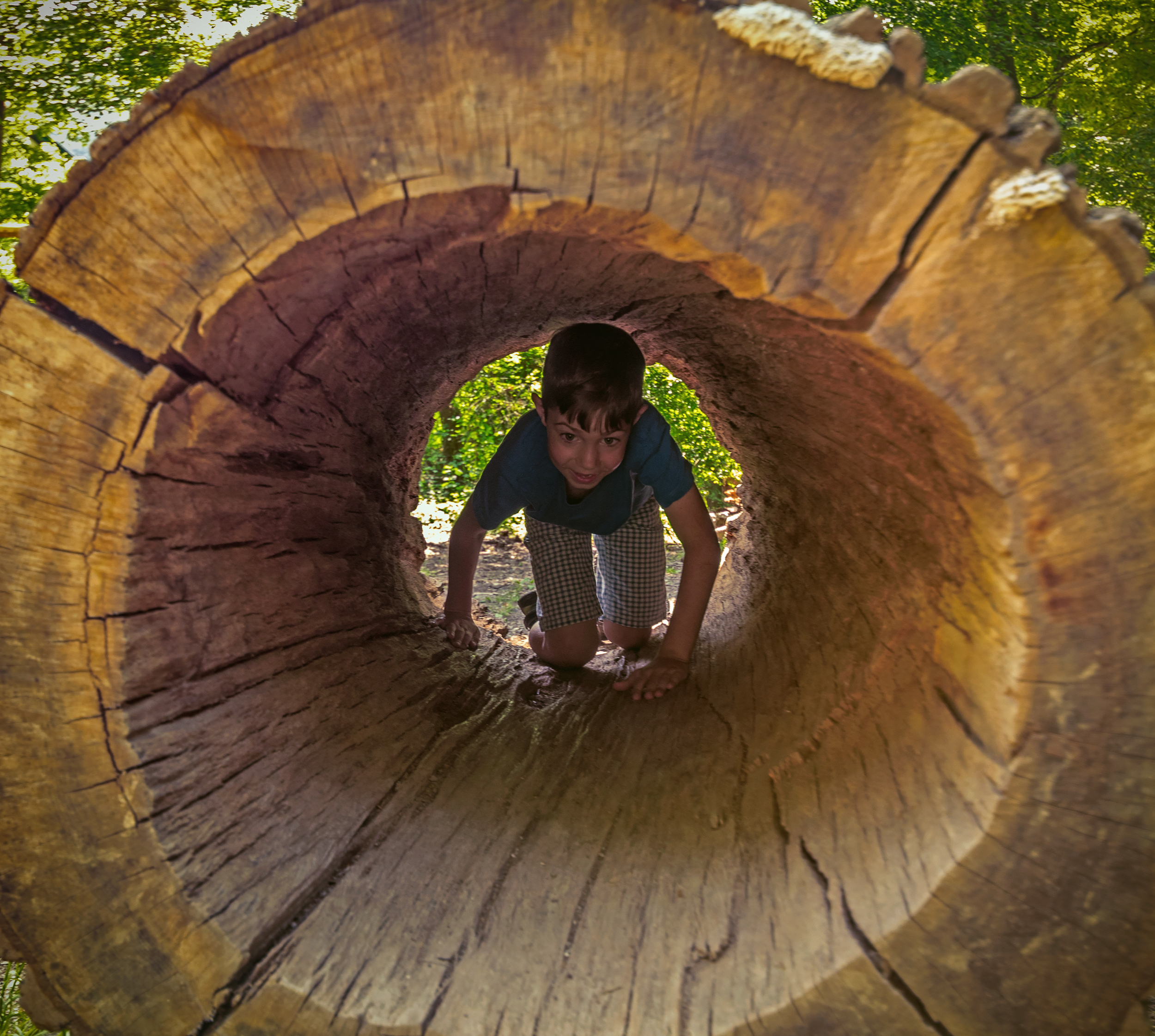Our curriculum has three key intentions:
An instrumental intention: to support learners in gaining fulfilling employment once they leave school. This is delivered in the younger years by helping them to achieve relevant qualifications where appropriate. This intention is referred to as the ‘head.’
An integral intention: to enhance learners’ enjoyment of learning, helping them to enjoy education for its own sake. This intention is referred to as the ‘heart.’
An inherent intention: to support learners in becoming valuable members of society. This is fulfilled through a focus on individual wellbeing and self-regulation as well as exploration of key social issues. This intention is referred to as the ‘hands.’

Our thematic spiral curriculum enables learners to develop theme-to-world, and subject-to-subject links. Engaging topics have been selected which connect with the theme for each half-term. These themes provide an anchor for learners as they return to them each year, further supporting their development of subject-to-subject links. Over the course of just six years at the school, students will read 36 texts in their English lessons, alongside their wider reading. Mixed-age classes mean that the subject maps have been designed with a Year A and a Year B to facilitate students saying in the same class for multiple years. Alongside the curriculum maps, curriculum documentation has been produced to signpost the substantive and disciplinary knowledge that is taught to each student, based on their starting points. Starting points and progress are assessed using the 12 Steps Assessment Framework. Once students have mastered Step 12, they are able to achieve in line with IGCSE/GCSE expectations, as appropriate.

Key Stage 1 & 2 Curriculum Overview
The Primary Phase Curriculum places knowledge that takes students beyond their own experiences, at its heart. The knowledge in our curriculum has been carefully chosen and sequenced in a meaningful way that enables children to progress incrementally and builds from year to year. In this way, the knowledge in the curriculum is cumulative, constructing firm foundations from which children can build conceptual understanding and skills over time.
Our curriculum is divided into subjects, recognising the identity of the disciplines we study, fostering a love for subject content that will flourish as children move through the curriculum. Children study literacy, numeracy, History, Geography, P.E, Forest School, PSHE and Arts and Crafts.
The curriculum provides exciting opportunities for children, of all backgrounds, that allow each child to develop the long-term knowledge and skills needed to reach their full potential, in order to take full advantage of opportunities, responsibilities and experiences of later life.


Key Stage 3 Curriculum Overview
In order to deliver the aims of our curriculum we ensure all students in Key Stage 3 study English, Maths, PE, History, Geography, Forest School, PSHE, and Arts and Crafts. Where appropriate, each subject uses the National Curriculum as a basis for determining what is covered at Key Stage 3 and then adapts the content to suit our learners.
At Key Stage 3, students are introduced to all of the key skills they require to be successful in each of the subjects they are studying. Our curriculum leaders consider the Key Stage 2 and 4 curricula when determining what these skills are, so that students can develop their existing skills to facilitate a transition into Key Stage 4.
Key Stage 4 Curriculum Overview
We believe that our students must aspire to achieve the best they can and therefore access a curriculum that inspires them but is appropriate for all to become successful citizens. We choose to run an IGCSE programme for Maths and English because experience tells us that in order to build the depth of knowledge and cultural capital required for all learners to be successful in their chosen courses, the IGCSE curriculum allows time for students to develop these skills through course work. We ensure that the curriculum in each subject is structured so that students are acquiring the key knowledge and skills they will need to build upon in order to be successful at GCSE, Functional Skills, Level 1 or Level 2 qualifications. We do not advocate a narrowing of the curriculum and we ensure that at all key stages, our students learn broadly and deeply, but we know that the students in our care do not always have access to the additional scholarly support and guidance many of their peers in more advantageous social settings will receive, and that it is our job to ensure that our learners are not educationally disadvantaged. At Oakwood we truly recognise that all students are different, we believe that the curriculum should be flexible to allow for personalised choices.

